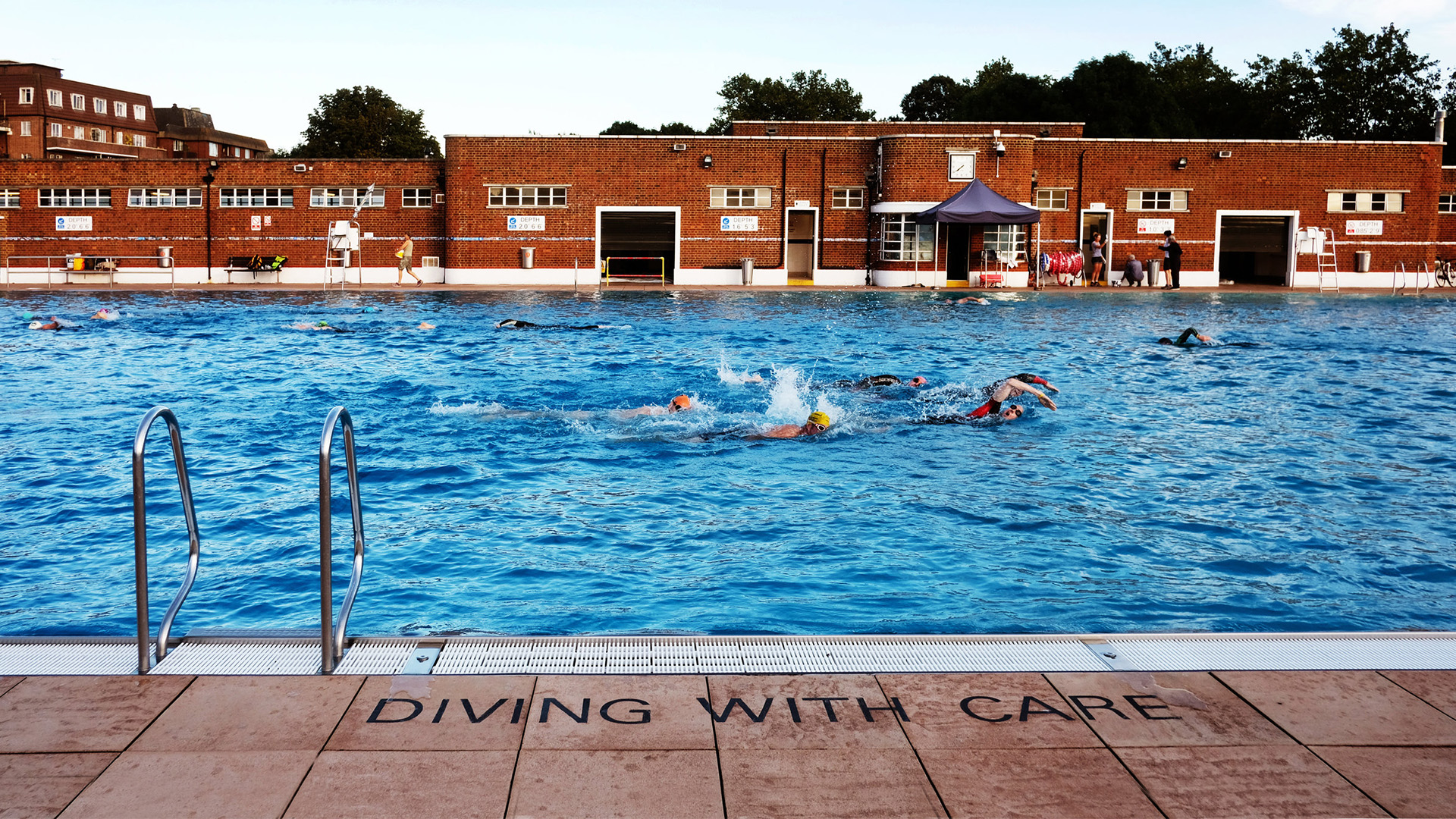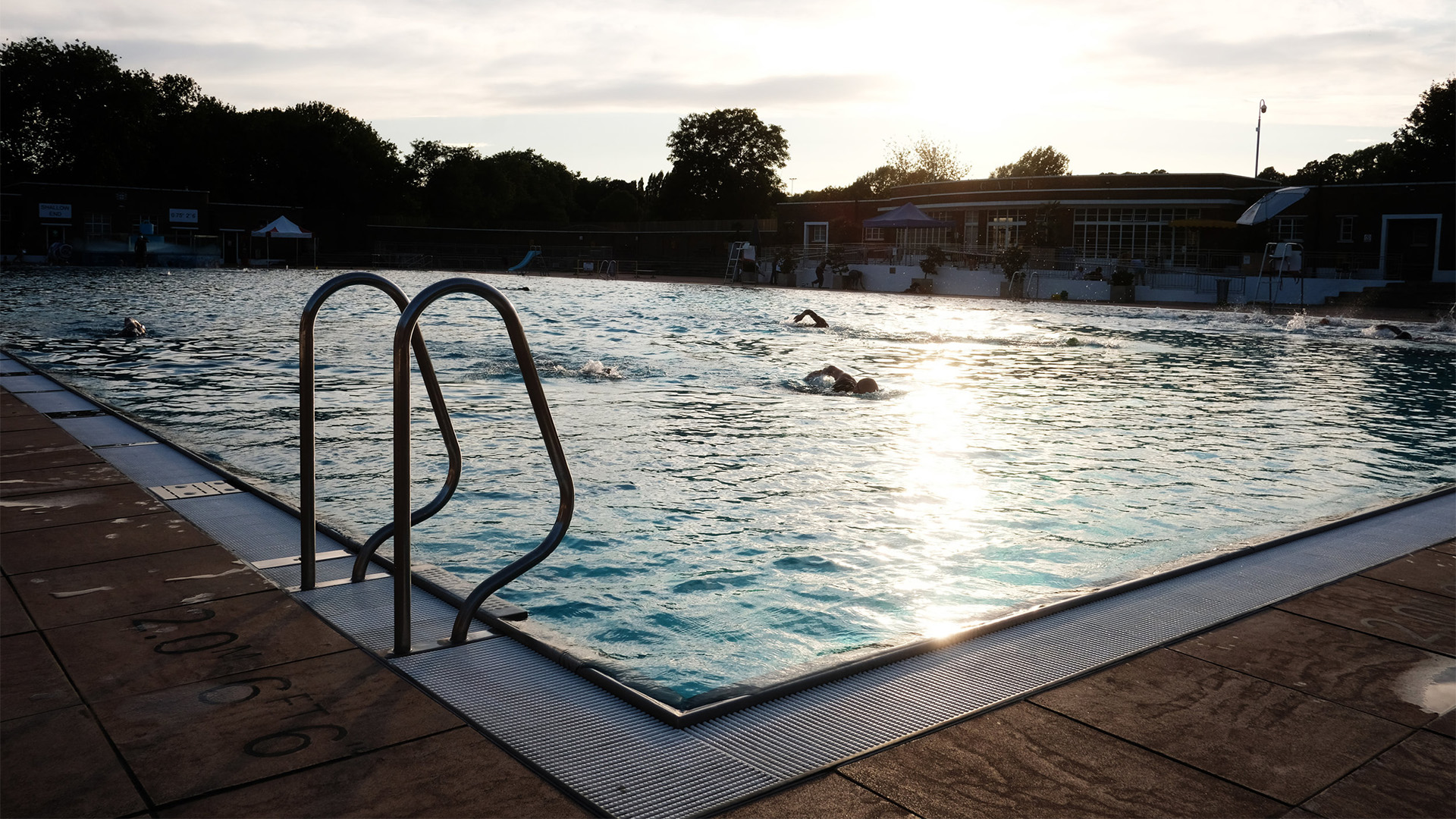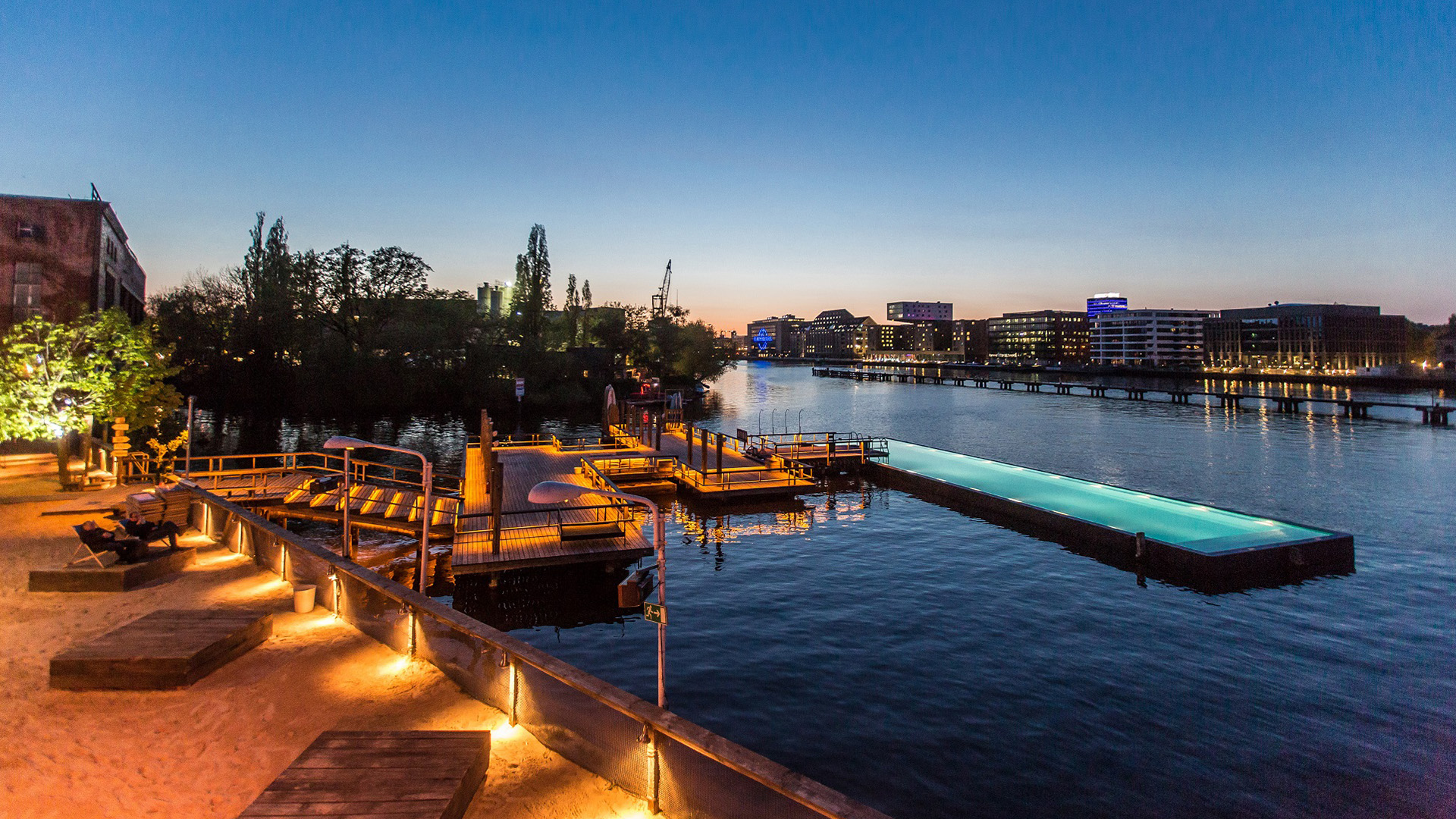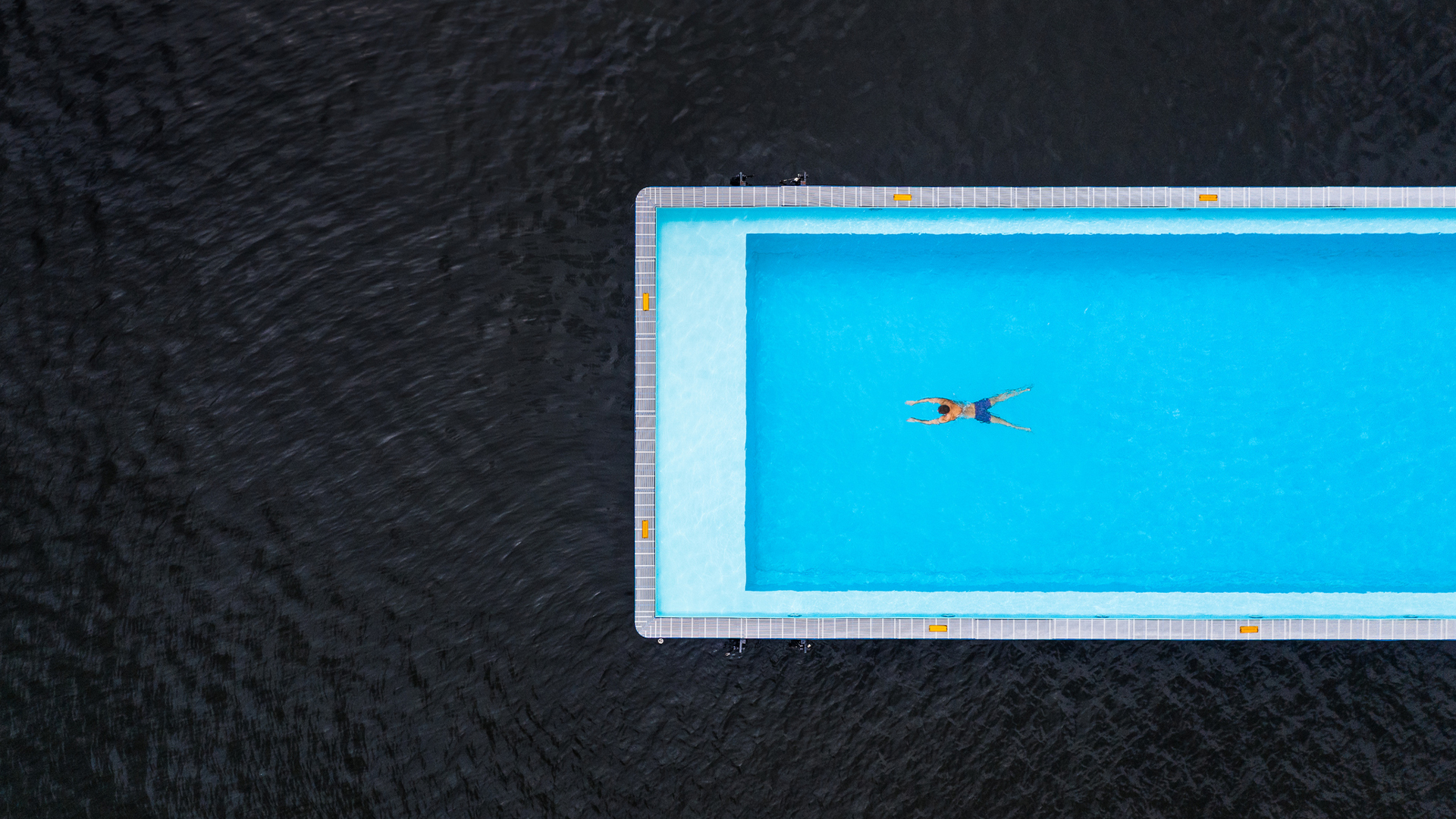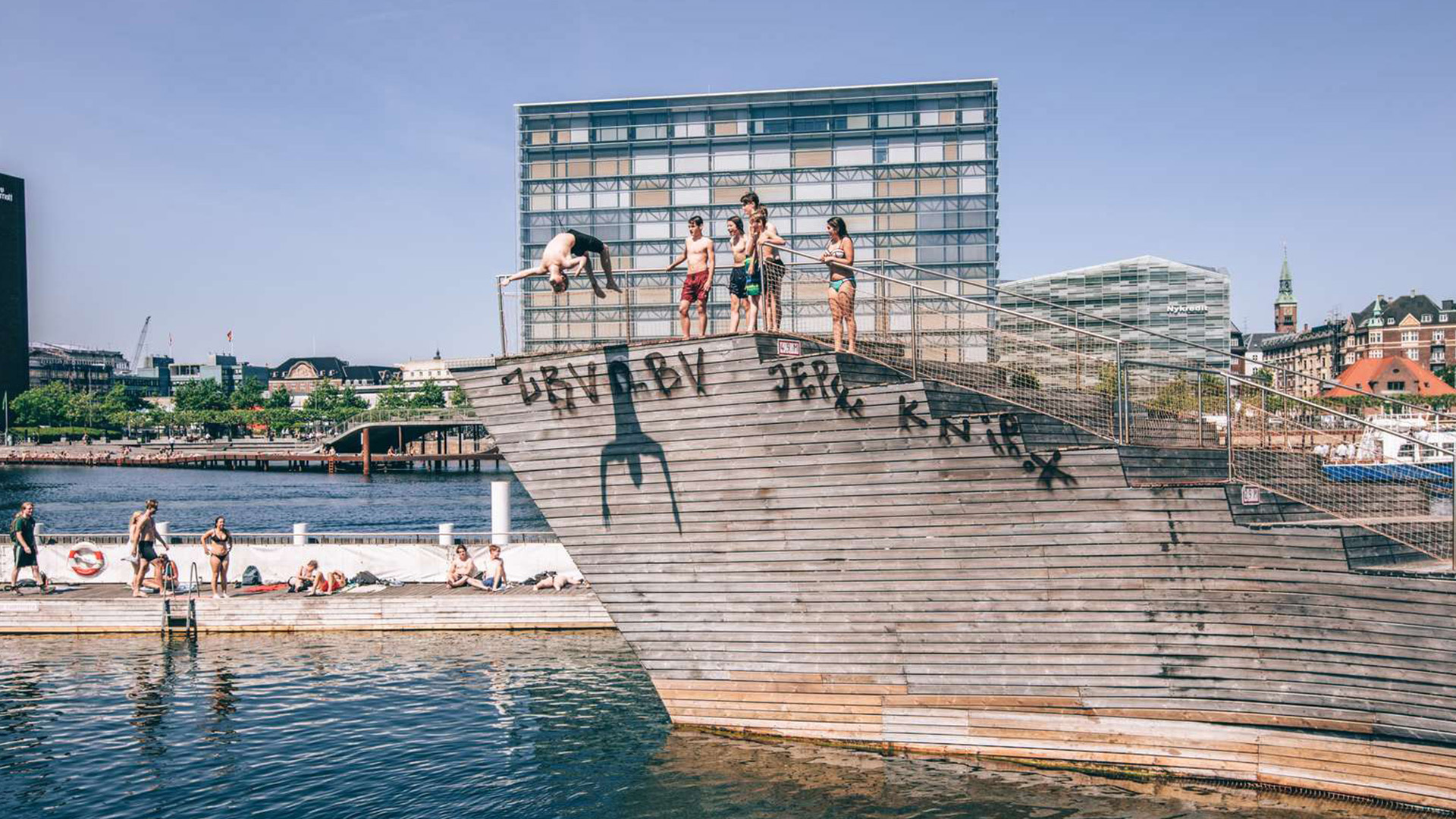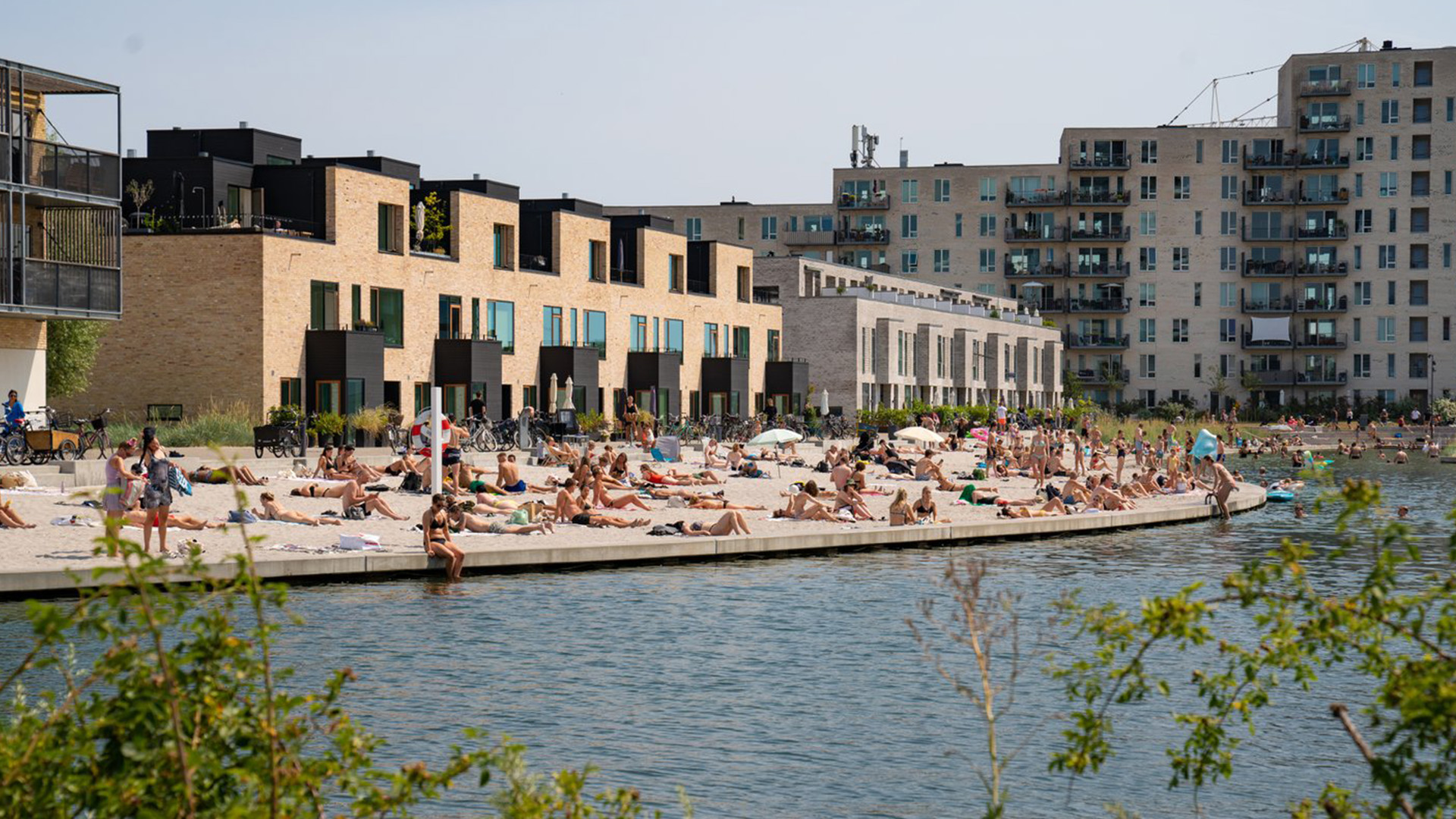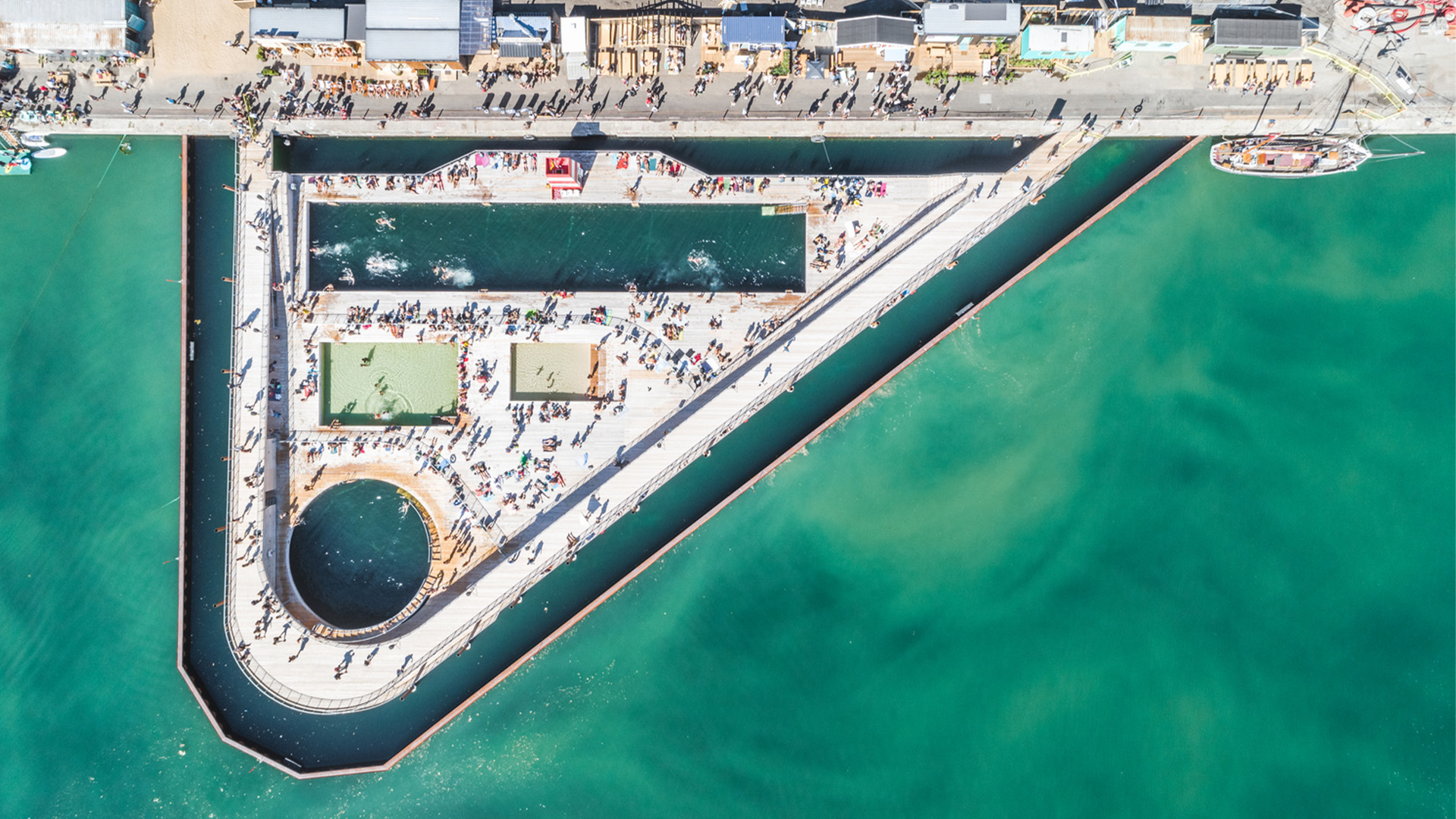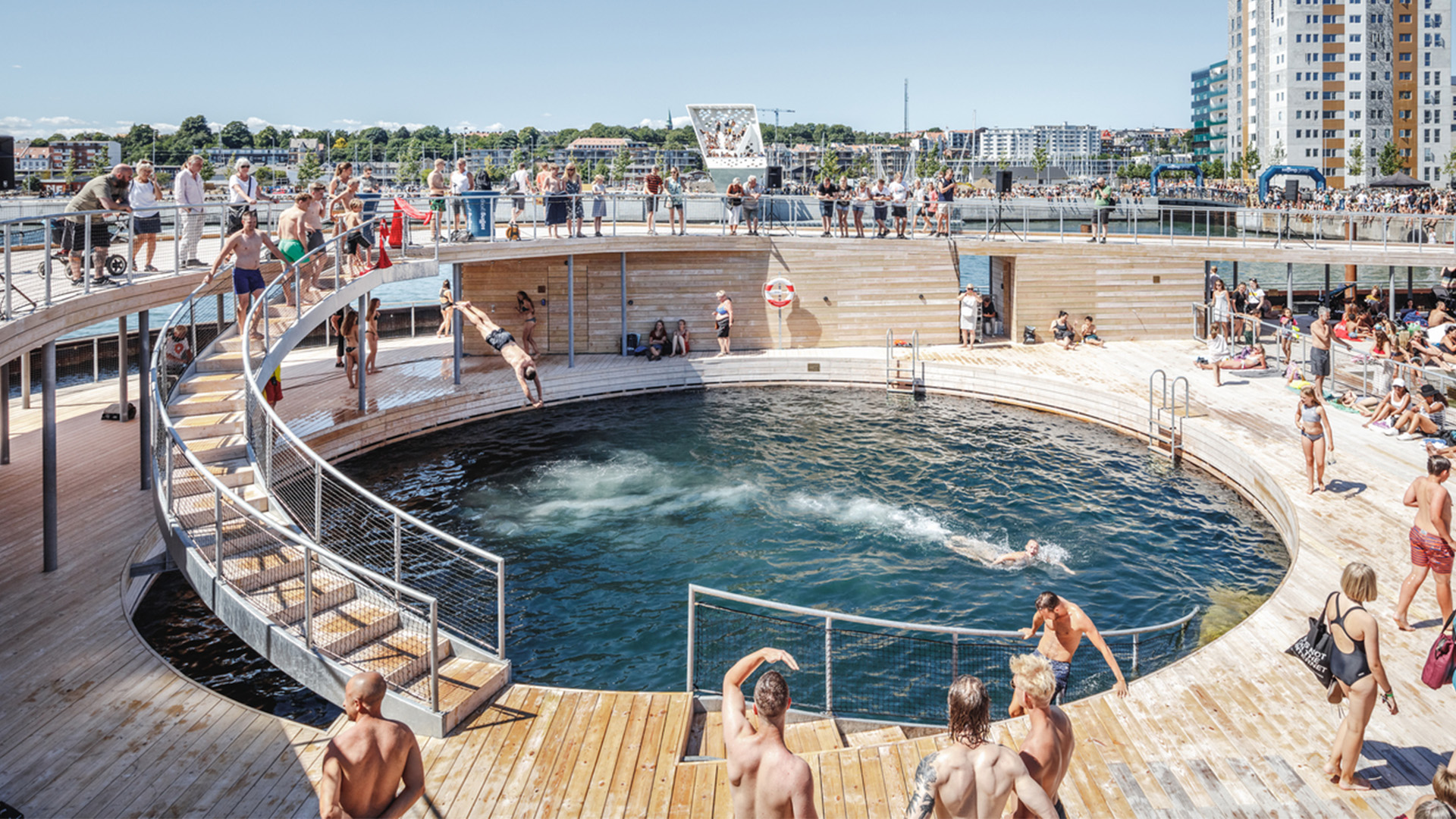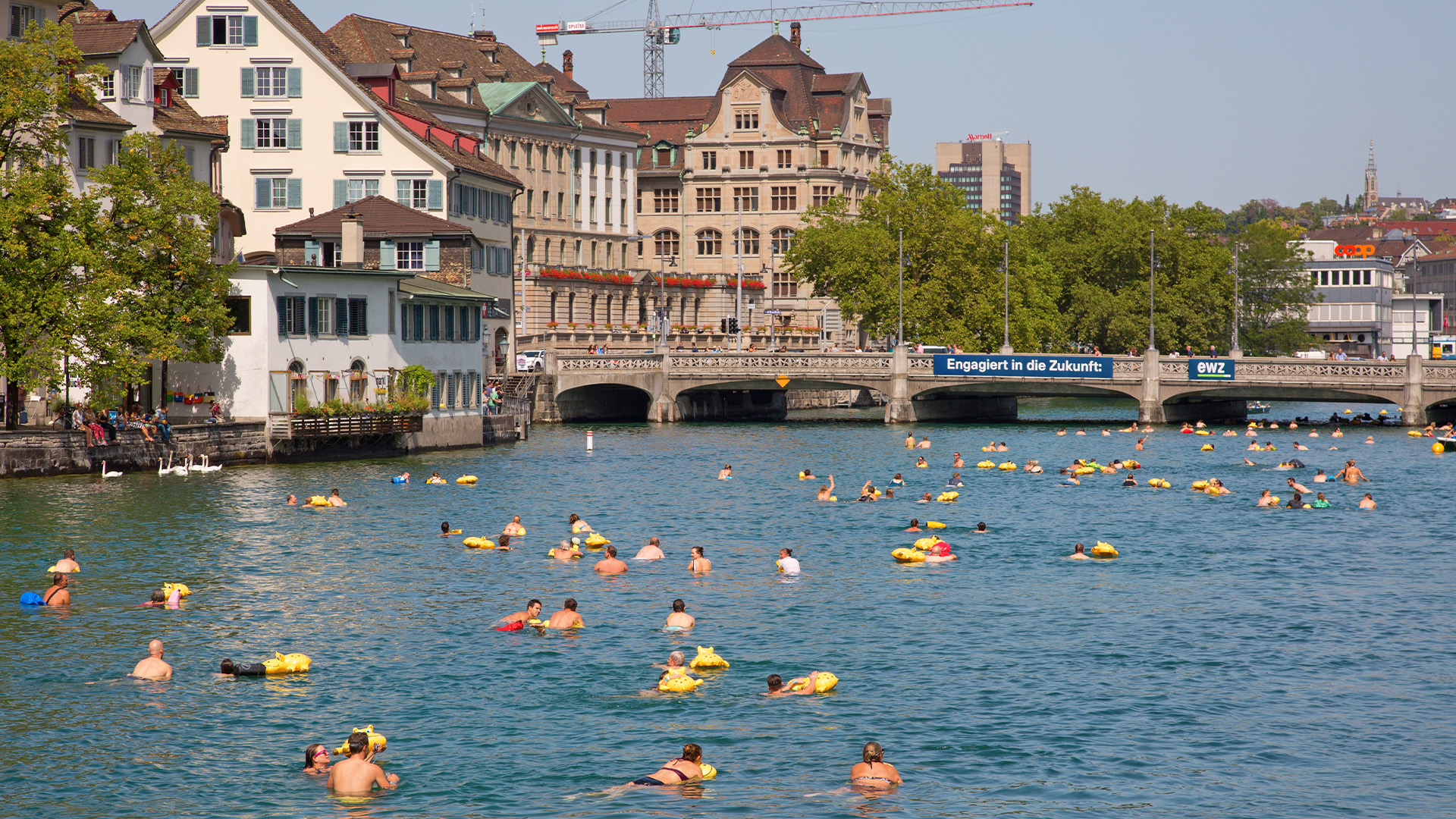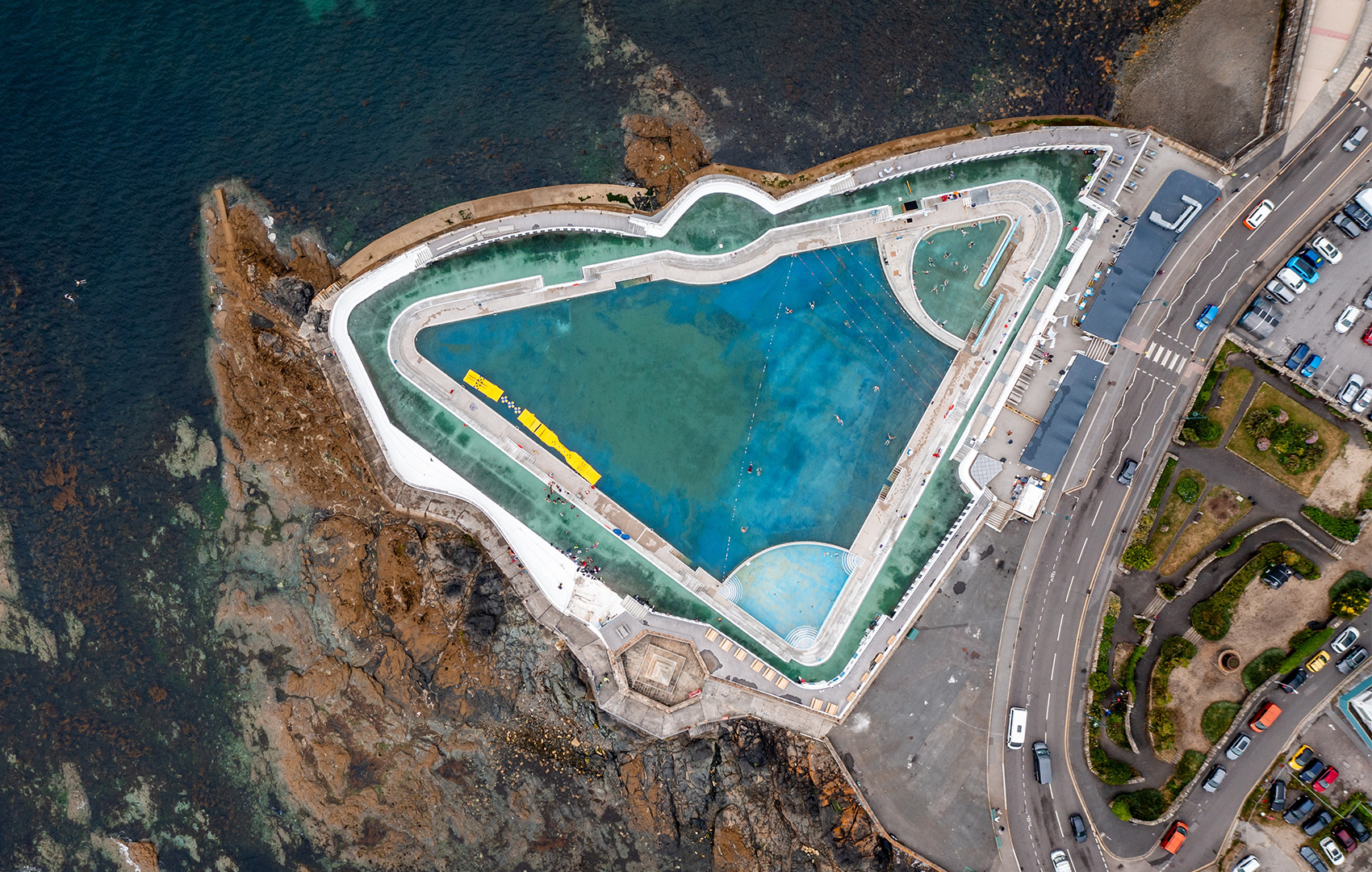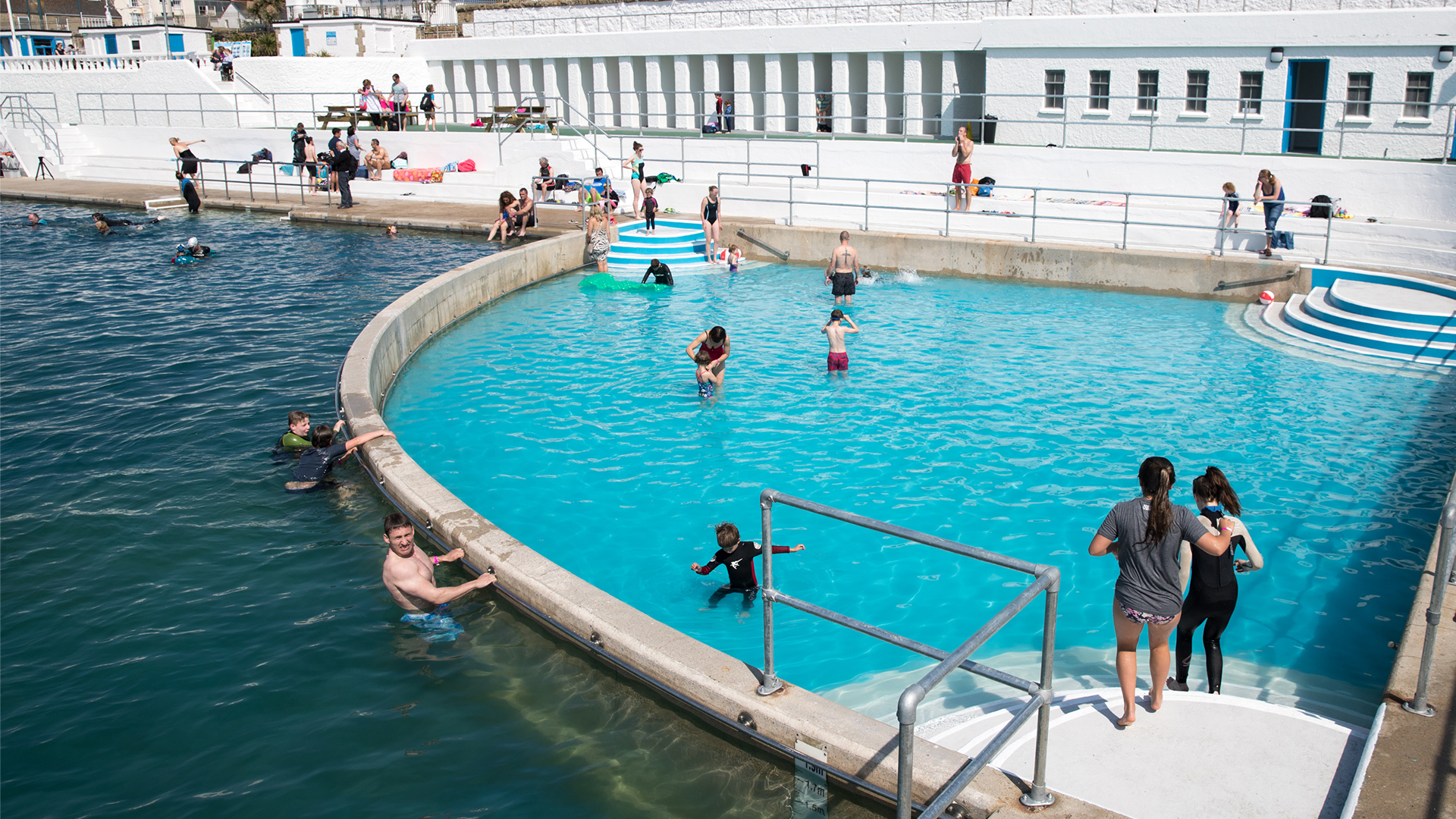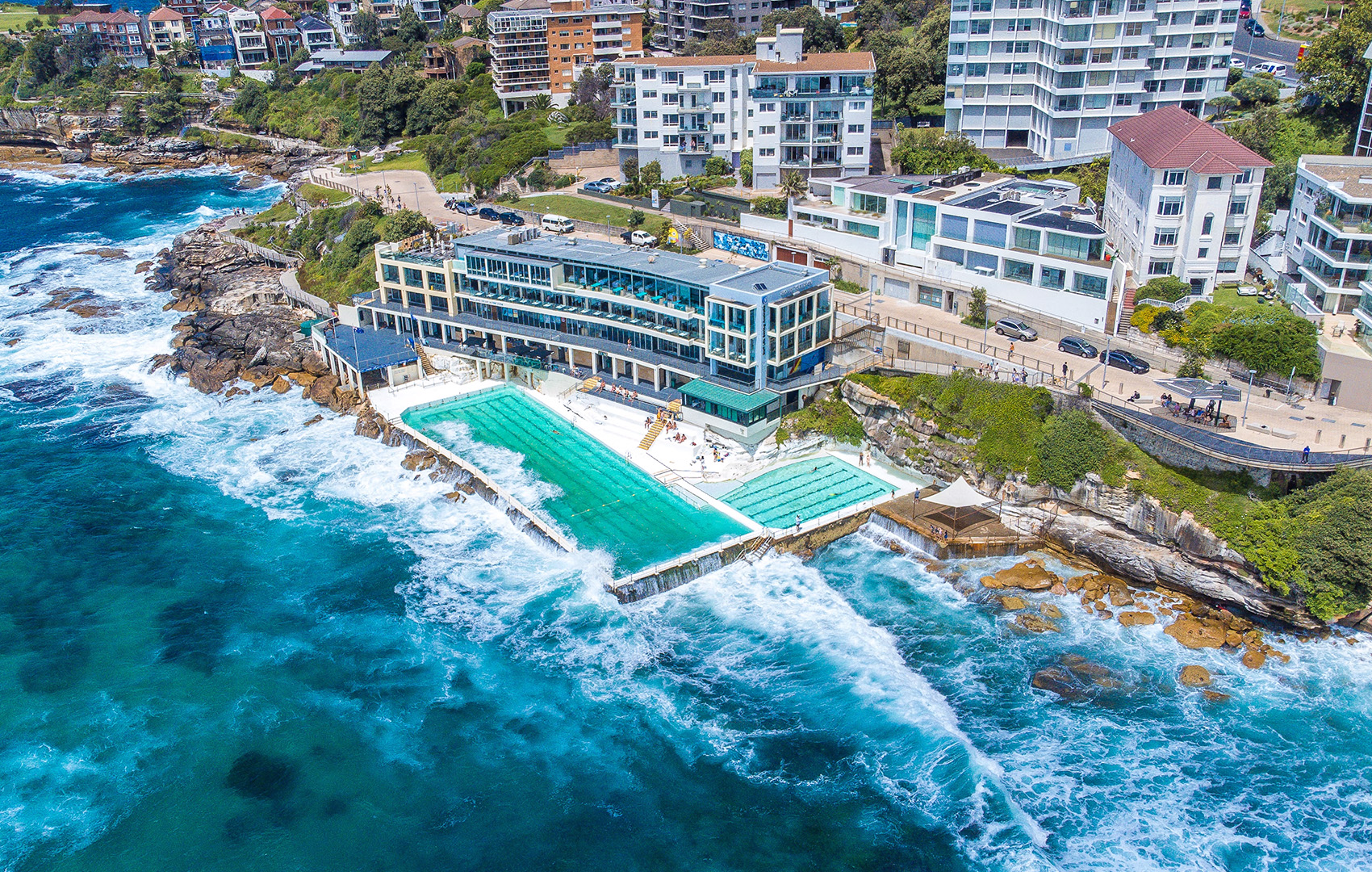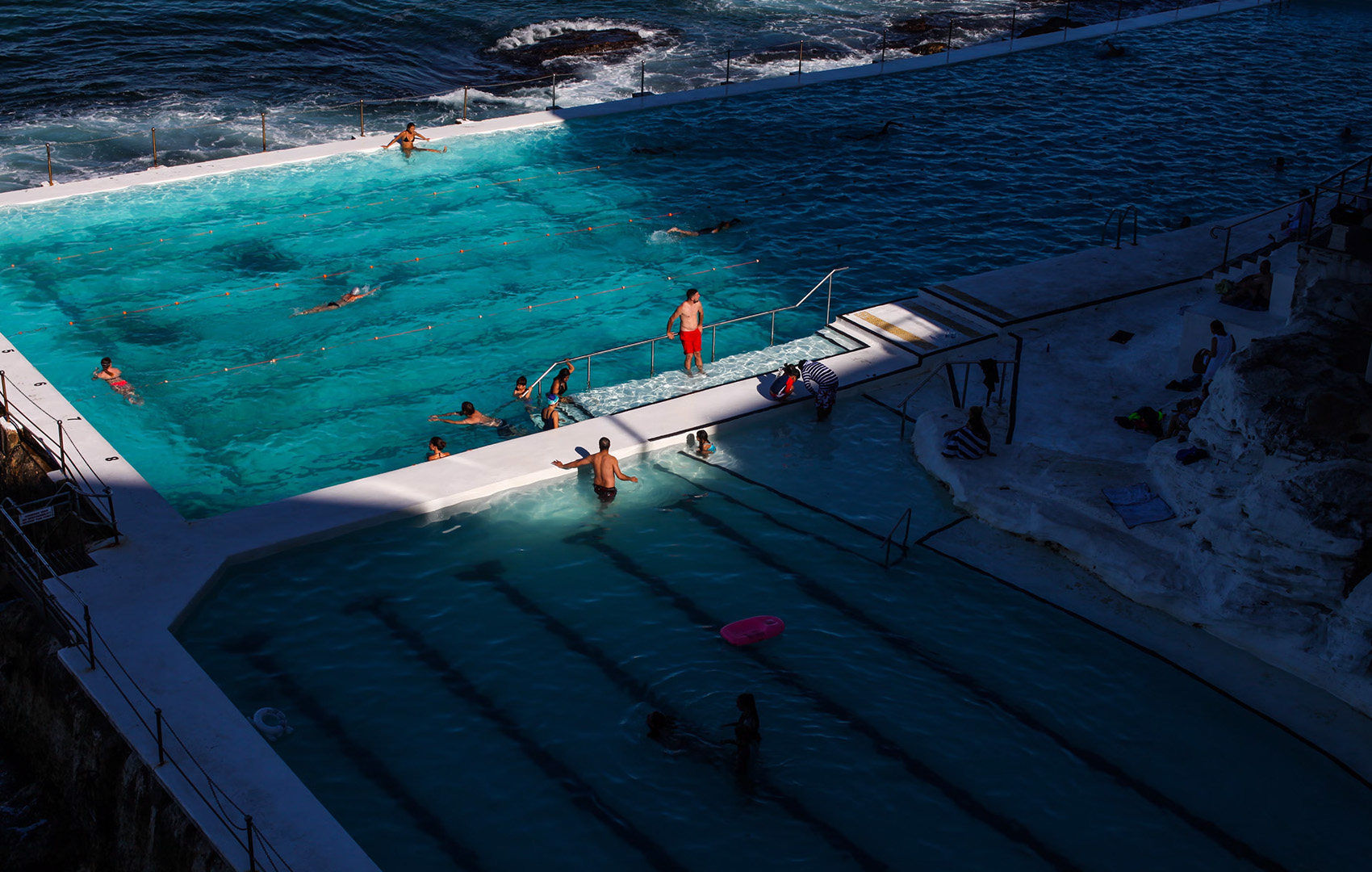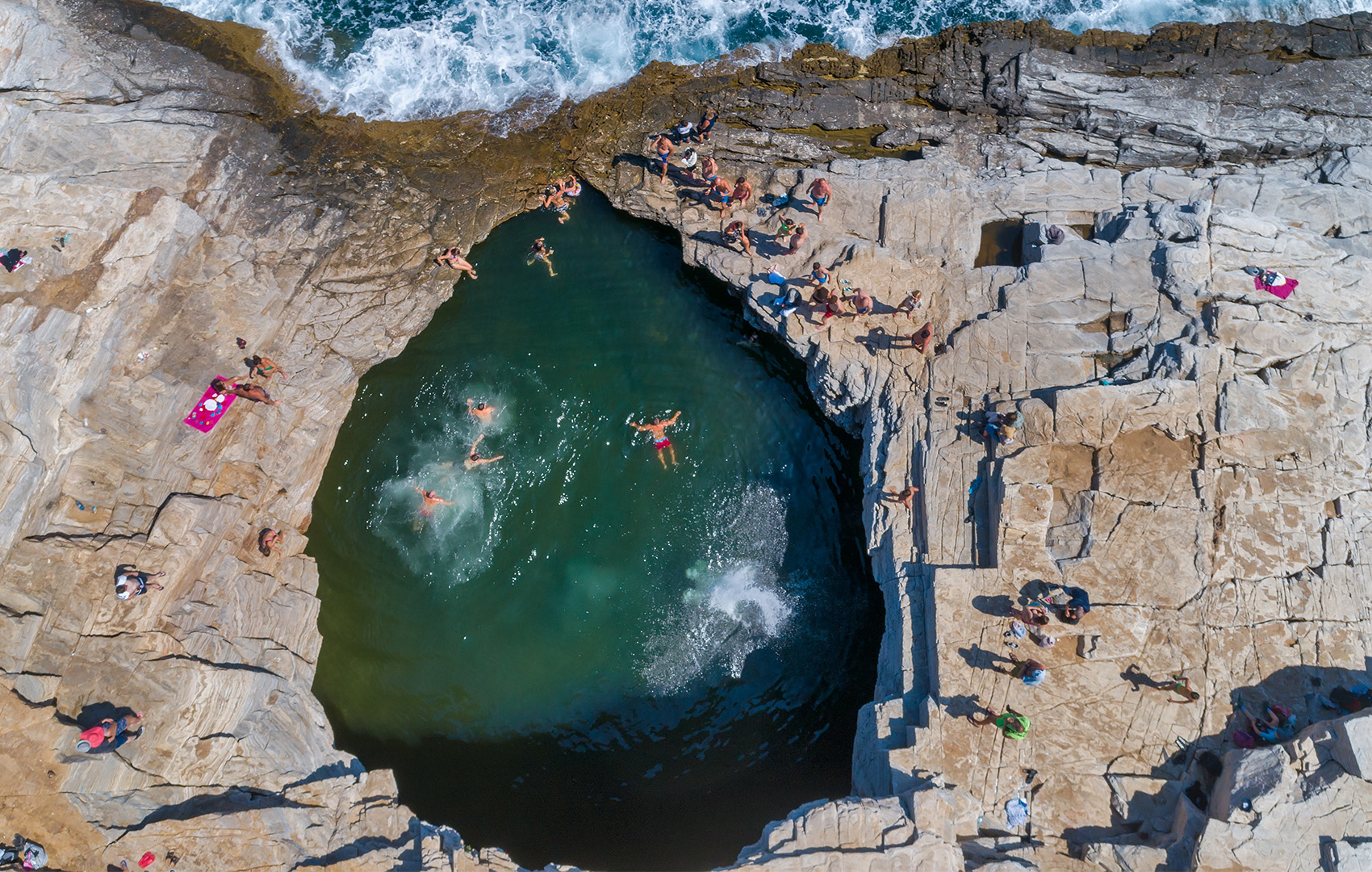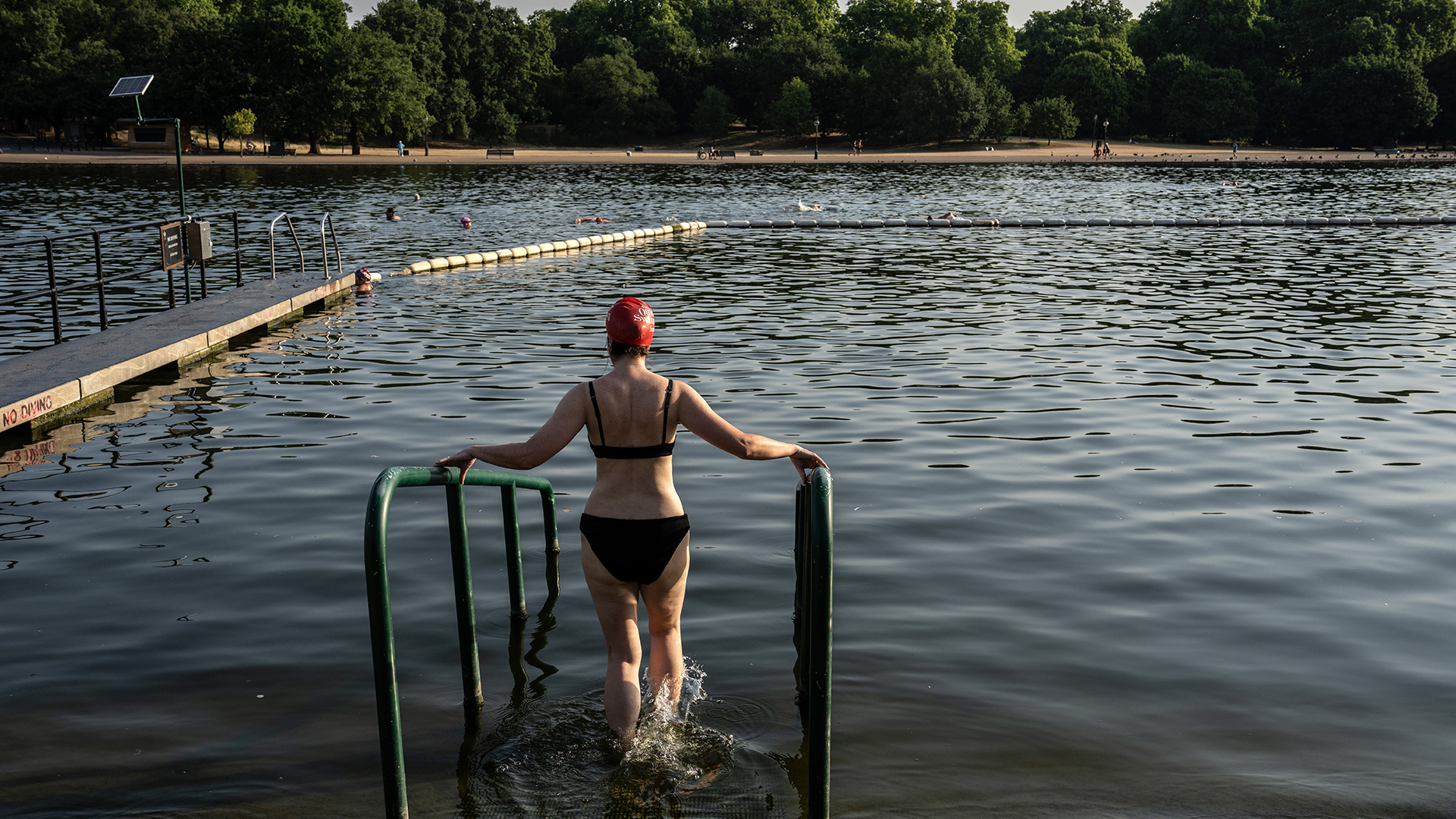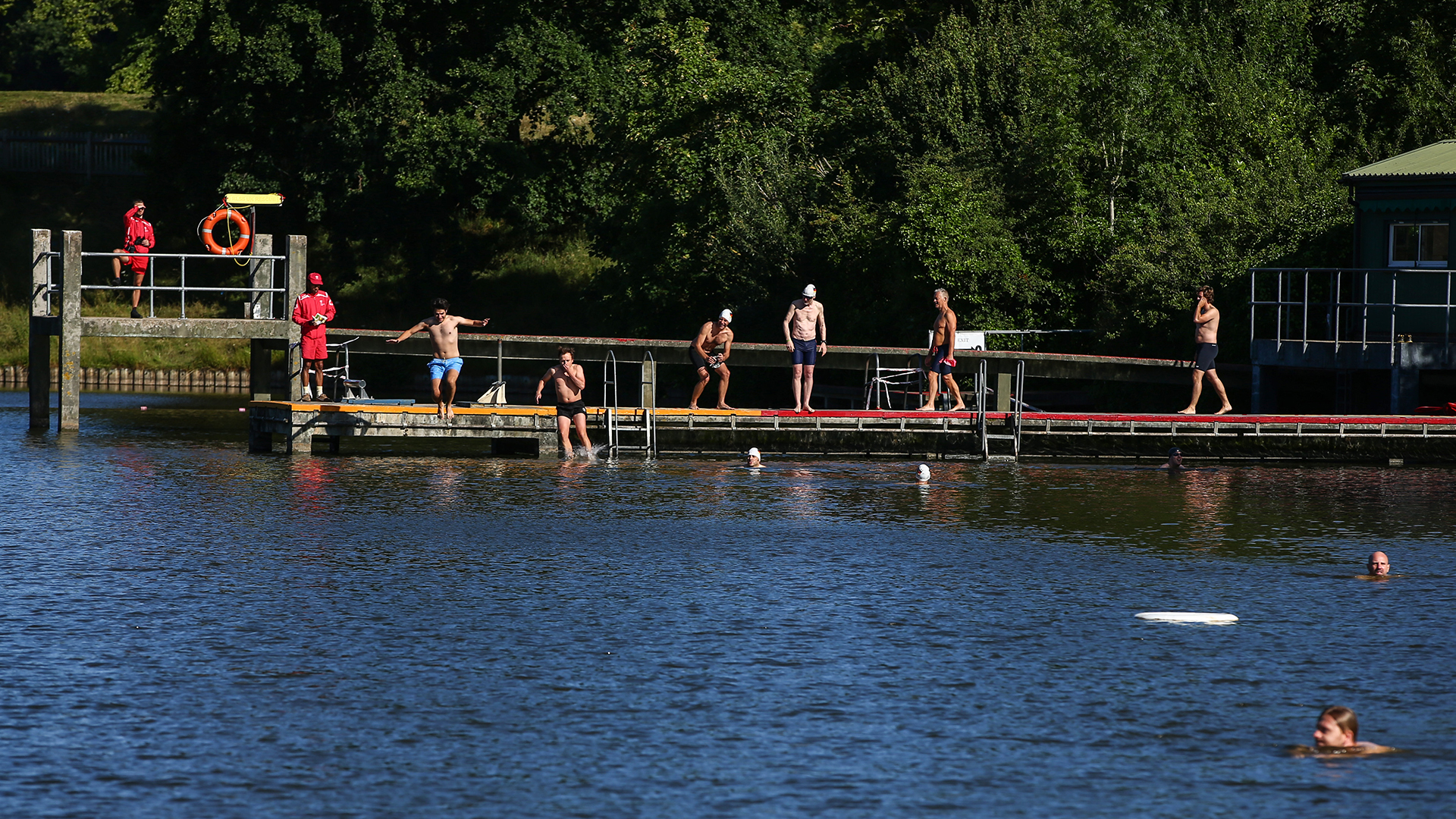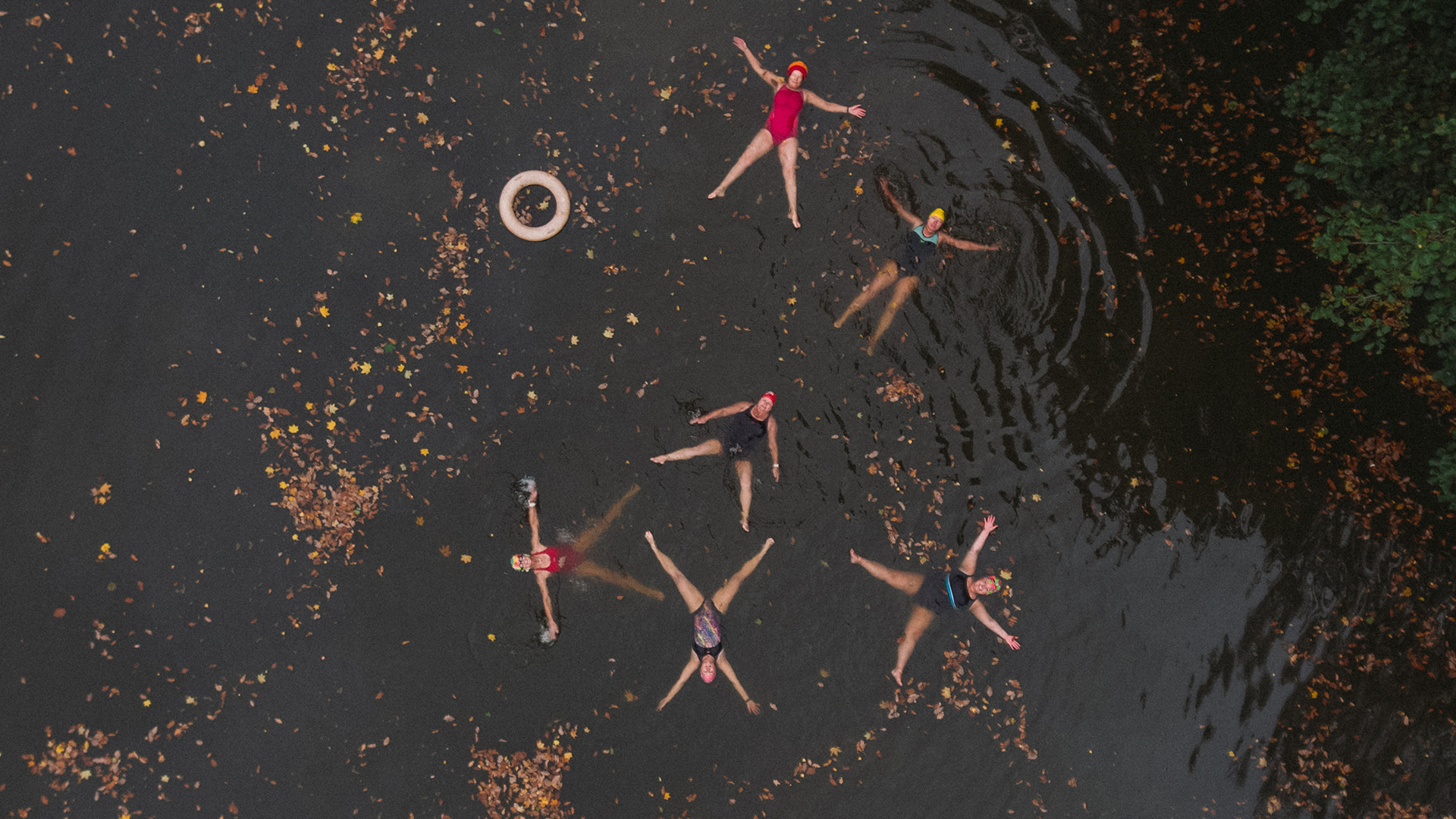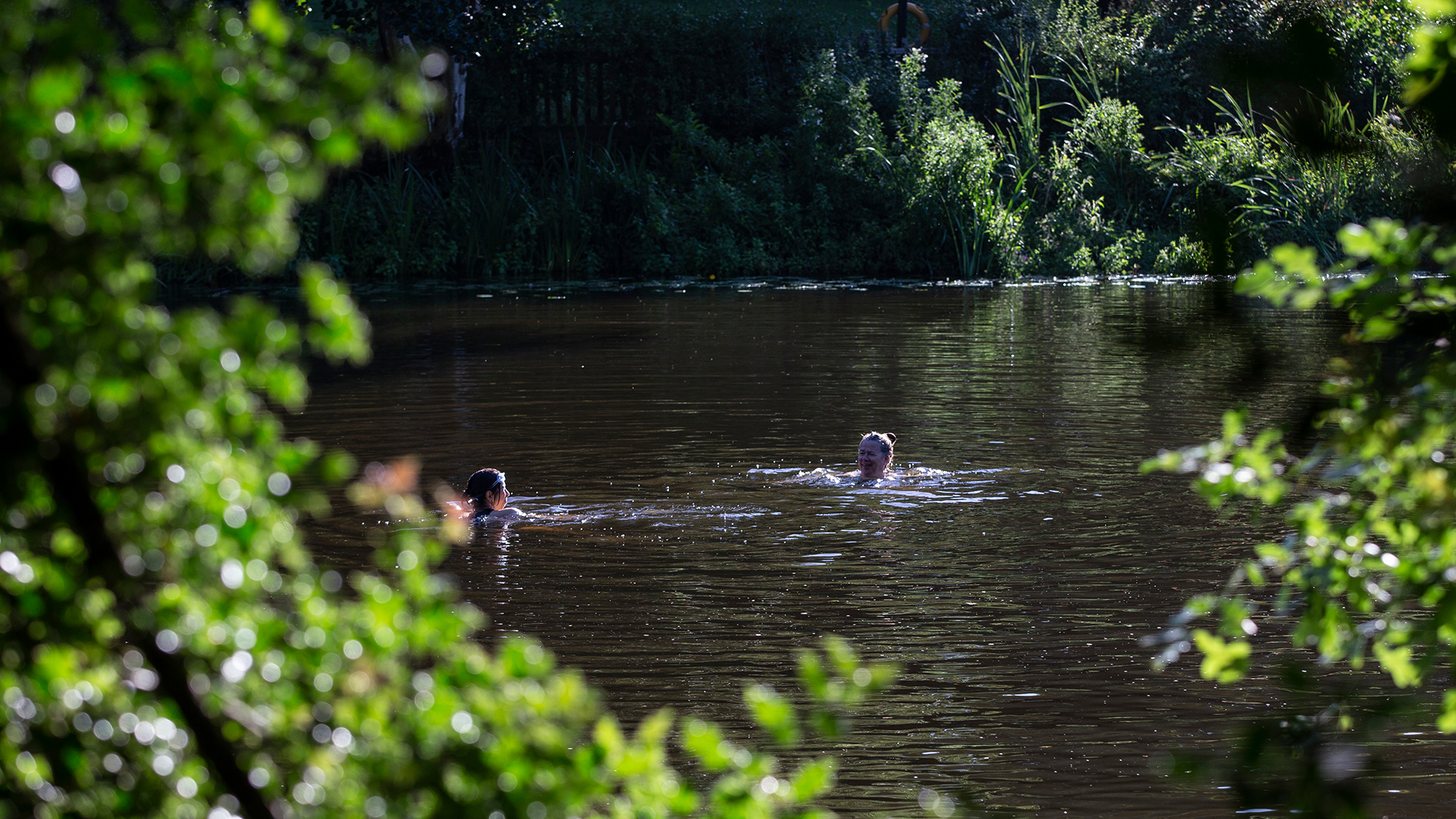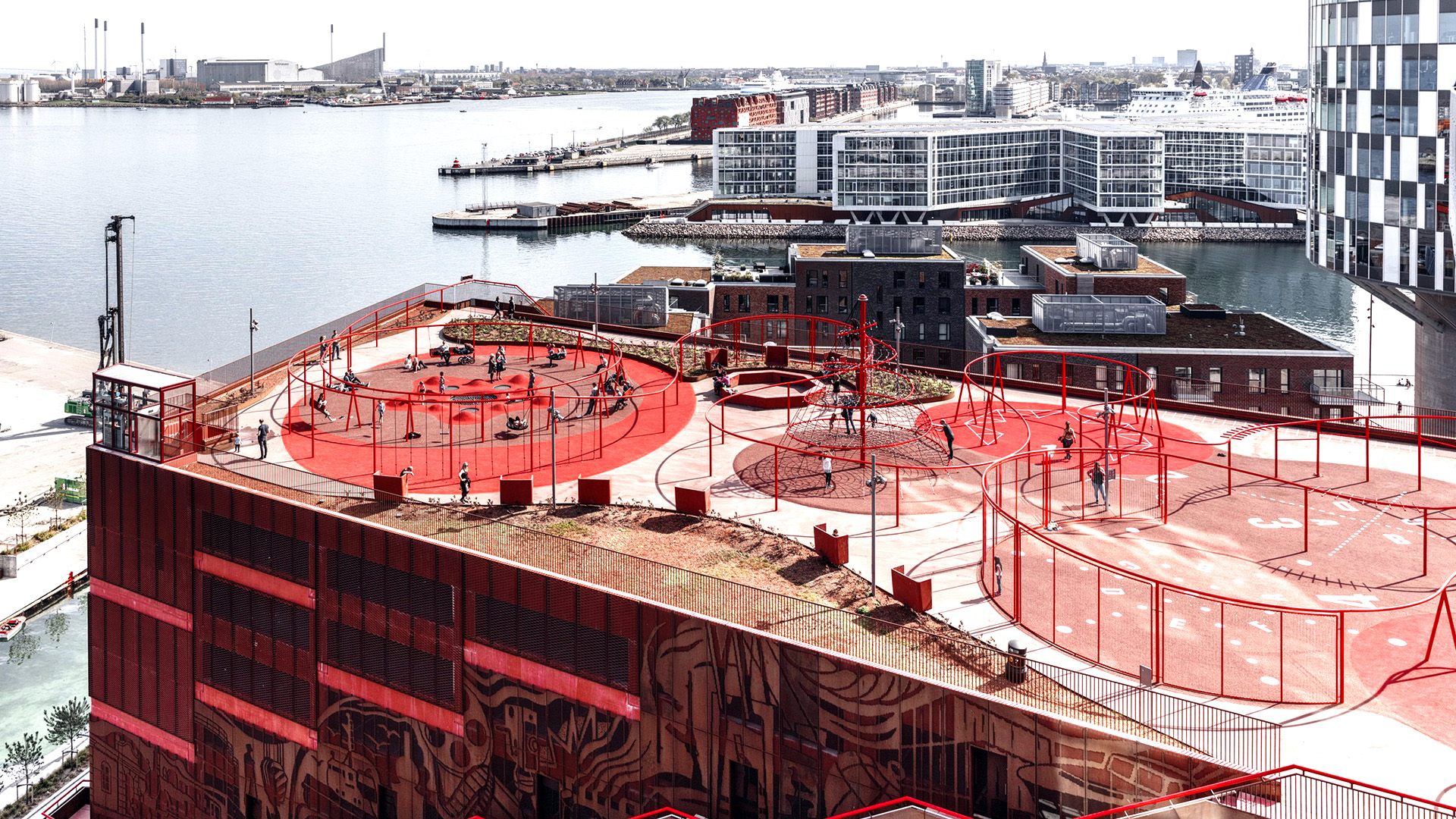
Image courtesy of Parliament Hill Lido
Public swimming pools are hugely beneficial for a community, providing a way to get low-impact exercise that requires very little specialist equipment. The mental and physical wellbeing boost gained from swimming is well-documented, and learning to swim could save your life or even help save someone else’s.
Despite this, it’s an unfortunate fact that since 2010 the UK has lost almost 400 swimming pools. Rising energy costs have played a part in that trend, as many typical leisure centre pools need to be heated to between 24-28oC. In the US, a shortage of lifeguards is causing temporary pool closures across the country, and lack of maintenance for existing public pools is leading to permanent closures.
Swimming should be accessible and affordable to everyone, whether they are wanting to put in some serious laps or simply cool down on a hot summer’s day. Fortunately, there has been a rise in the popularity of outdoor swimming in recent years, leading to a revival for many swimming pools and lidos.
And it’s not just your traditional enclosed, rectangular swimming pools having a moment in the sun, entire urban waterways are being made swimmable. Paris has invested €1.4bn in cleaning up the Seine in time for the Paris Olympics, meaning that open-water swimming events and the triathlon can use the city’s biggest river. The Seine will then be swimmable for all Parisians for years to come, as long as local authorities continue to keep the river clean.
What options are available to urban planners aiming to create more swimming opportunities? Modus picks six different places to go for a dip when it’s summer in the city.
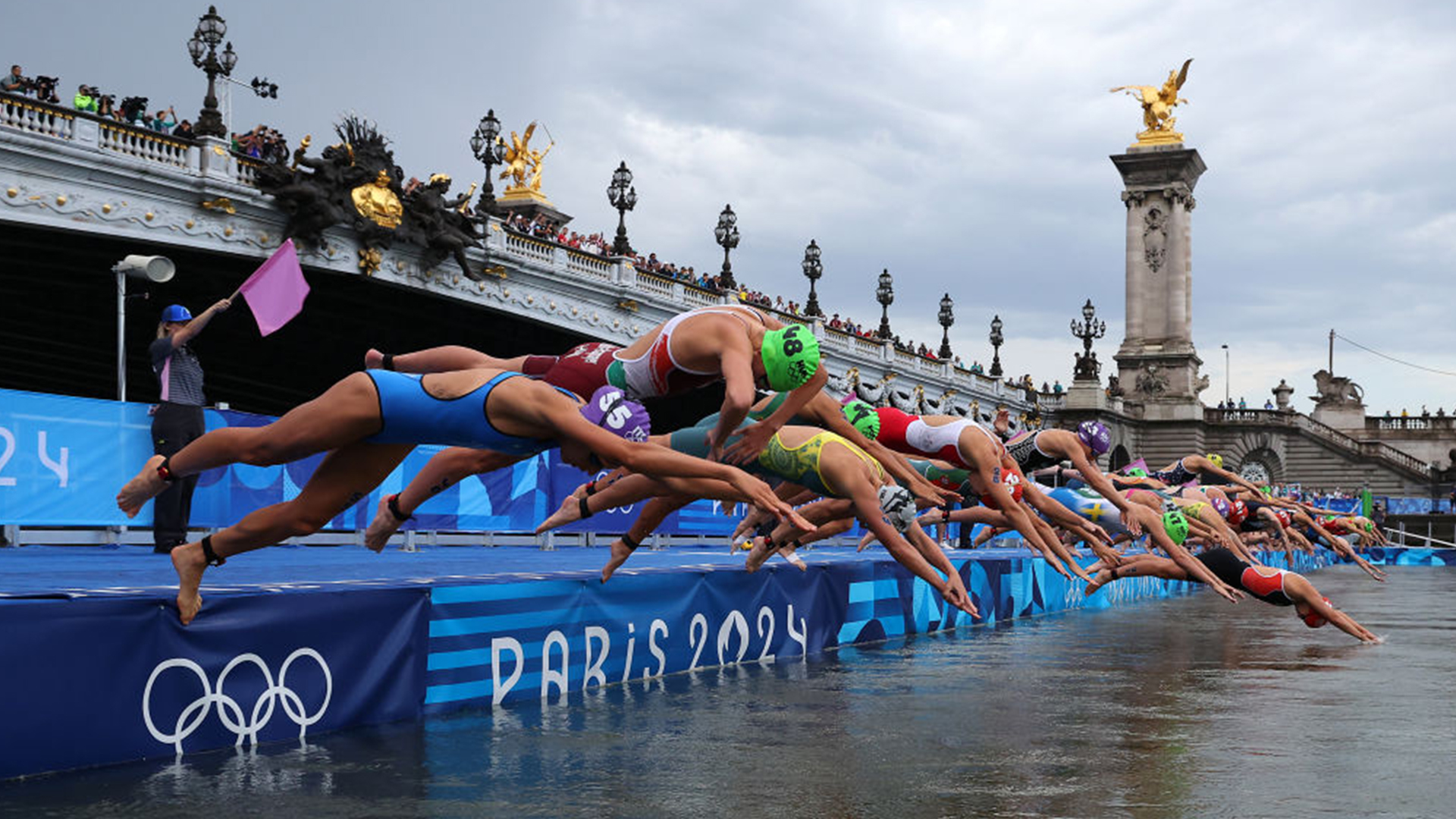
Triathlon swimmers in the Seine at the Paris Olympics 2024
Lidos
Open-air swimming pools have existed in the UK since the early 1800s, but first became known as ‘lidos’ in the 1930s. These large pools with areas for people to sunbathe and socialise were often built by councils.
Parliament Hill Lido in London first opened in 1938 and quickly became popular with the locals. However, not everyone was a fan – the Ham & High newspaper carried a letter of complaint before the lido had even opened, which said: “sun-bathing attracts a large number of young people of both sexes, many undesirable, who come, not to swim, but who think it ‘the thing’ to show as much of their nude bodies as they dare, in all sorts of postures.”
Swimmable harbours
In 1990, Copenhagen’s harbour was highly polluted and not the sort of place anyone would go for a swim. But the following decade saw a programme of upgrades on its sewage systems and a gradual cleaning of the water to a point where today it has three harbour baths and six bathing zones.
The Limmat River, which flows through the centre of Zurich in Switzerland is another swimmable urban waterway. The country prides itself on its many swim-friendly rivers and lakes – despite being a landlocked nation, the tourist board describes Switzerland as a “water resort for the whole of Europe”.
Tidal pools
Tidal pools are found on a beach or beside the sea, as they are refilled by seawater when the tide comes in. It’s the perfect way to swim in the sea for thalassophobes – people with a fear of the ocean.
Cornwall’s Jubilee Pool first opened in 1935, but suffered major storm damage in 2014 and its future was in peril. It is now community owned by 1,400 shareholders, which helped to raise the money needed for its restoration as a prized local asset and example of Art Deco architecture. However, in January 2024 it announced it would have to close for the remainder of winter because heating costs were too great. The pool’s chief executive, Nicola Murdoch, said the geothermal heating system was “not quite as efficient as we hoped it would be”.
In Sydney, Australia, Bondi Icebergs opened in 1929 as a swimming club for lifeguards to practice their stroke and stay fit during the winter months. It remains a swimming club today but is also open to members of the public. And Giola Lagoon in Greece is an unusual tidal pool in that it is entirely naturally created, by millions of years of waves crashing against rocks. It’s as much a picturesque cooling off spot as swimming pool and is a popular stop for tourists.
Filtered river water
A team of designers has invented the Plus Pool, which will float in New York City’s East River and filter the surrounding water for use in the pool. Designed in a plus-shape, each ‘arm’ of the pool will be for a different activity: laps, sports, lounging and kids.
Rather than trying to clean the entire river, the Plus Pool will just clean a small piece of it – enough to fill a 9,000ft2 swimming pool. “Like a giant strainer dropped in the river, Plus Pool filters river water within its walls, removing bacteria, contaminants and odours, leaving only safe, swimmable water that meets local and state standards,” says its designers.
Trials with a prototype version of the pool are under way this year and it is hoped the pool will be officially installed in summer 2025.
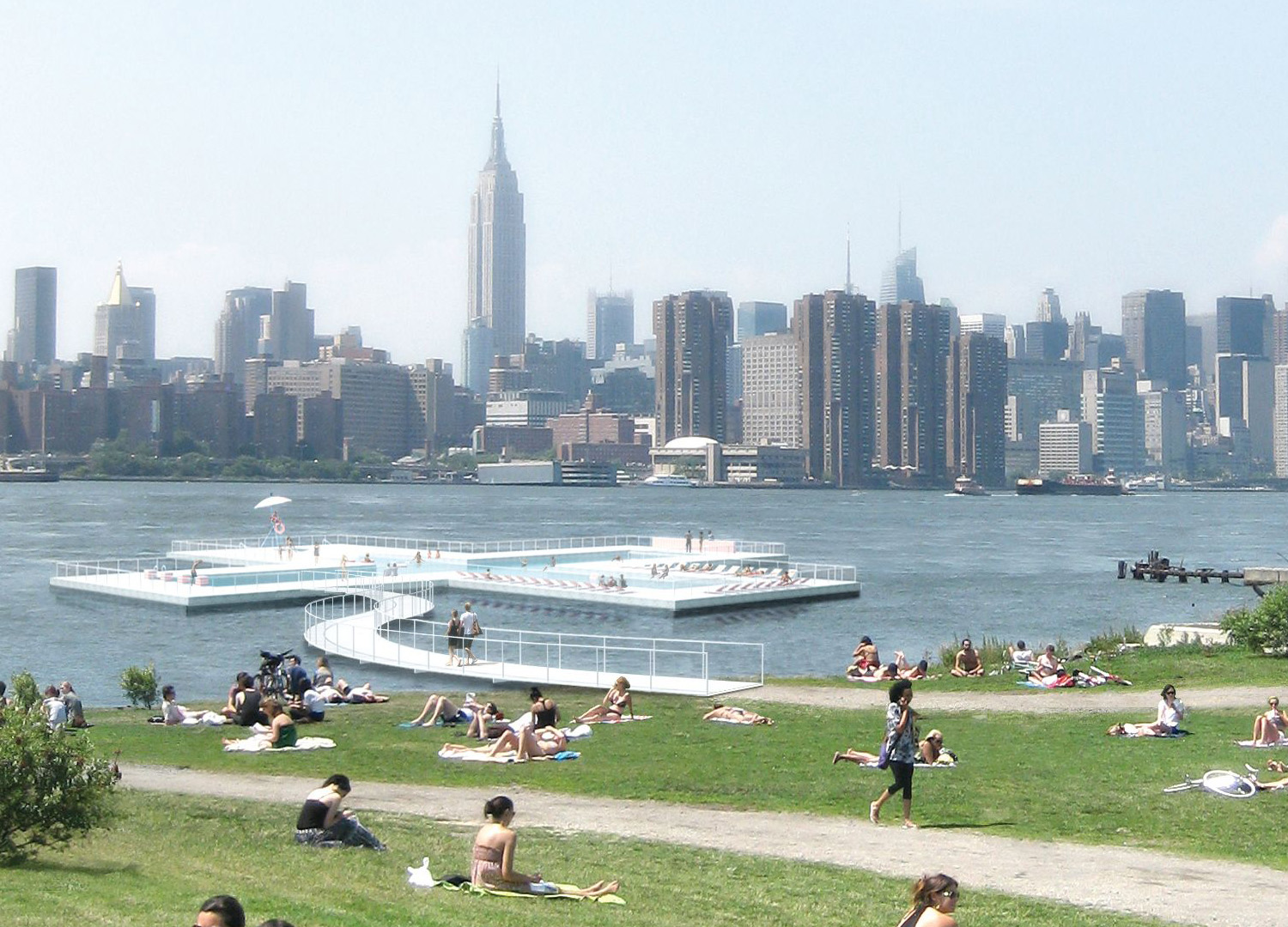
Plus Pool, New York
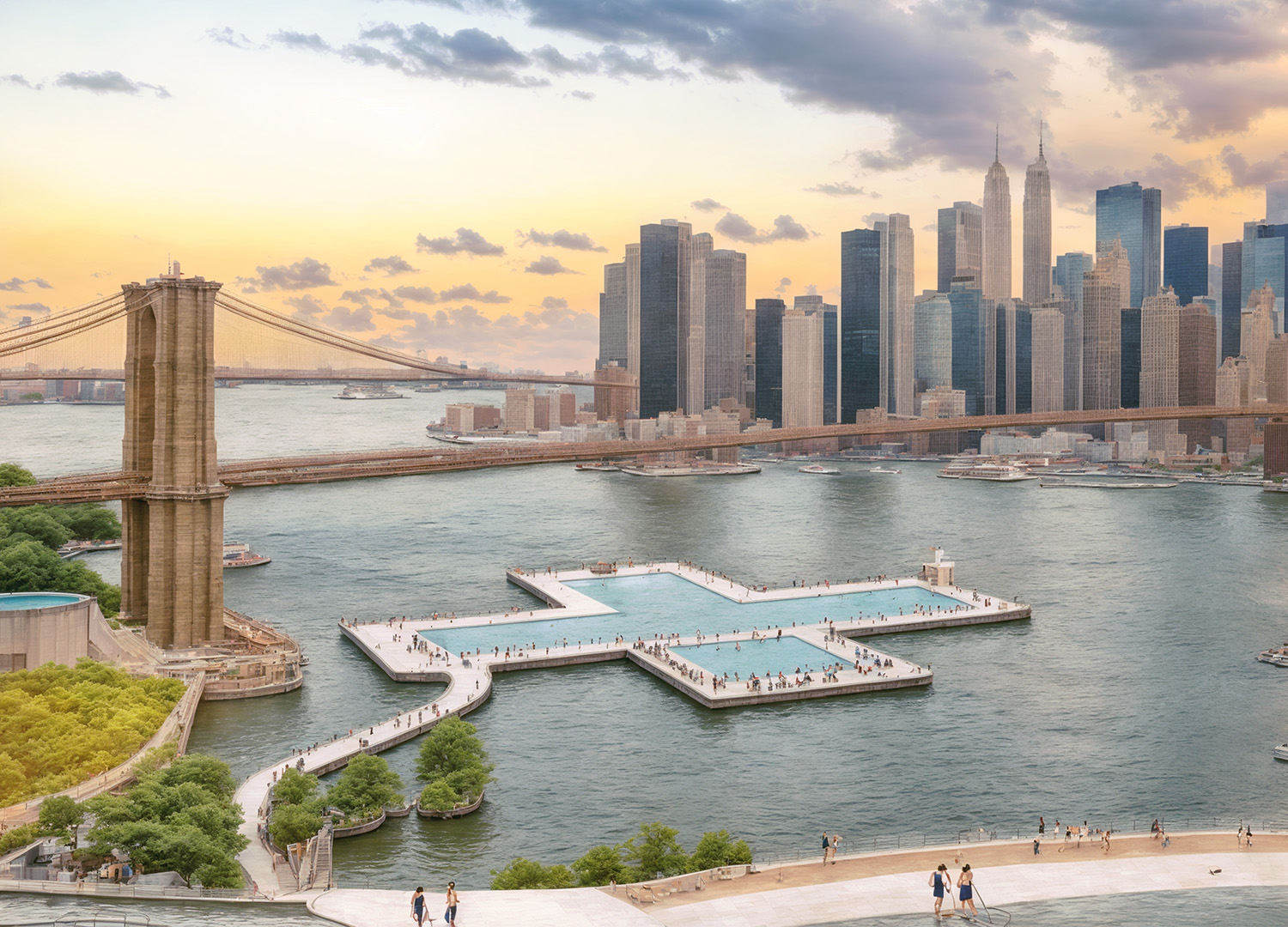
Plus Pool, New York
Swimming ponds
The Serpentine artificial lake in central London was created in 1730 and a rectangular swimming area was created within it in 1930, known as Lansbury’s Lido (possibly where the term ‘lido’ first entered the English lexicon). Until then, few women swam in it because of the lack of changing facilities.
Both the Serpentine and the Hampstead Heath mixed swimming ponds are used all-year-round, although in the winter months you must be a member of their respective swimming clubs to take a dip.
Pools filled by underground springs
Creating a pool filled naturally by underground springs isn’t an option for all urban planners, but the US has a couple of examples that are popular with locals and visitors alike. The Coral Gables Venetian Pool in Florida looks like a Hollywood movie set and is fed by spring water from an underground aquifer.
In Texas, Barton Springs is a three-acre pool, surrounded by trees and park land, with an average year-round temperature of 20oC. From Spring Break (usually in March) to 31 October it only costs $5 for residents to swim and outside of those months it is free.
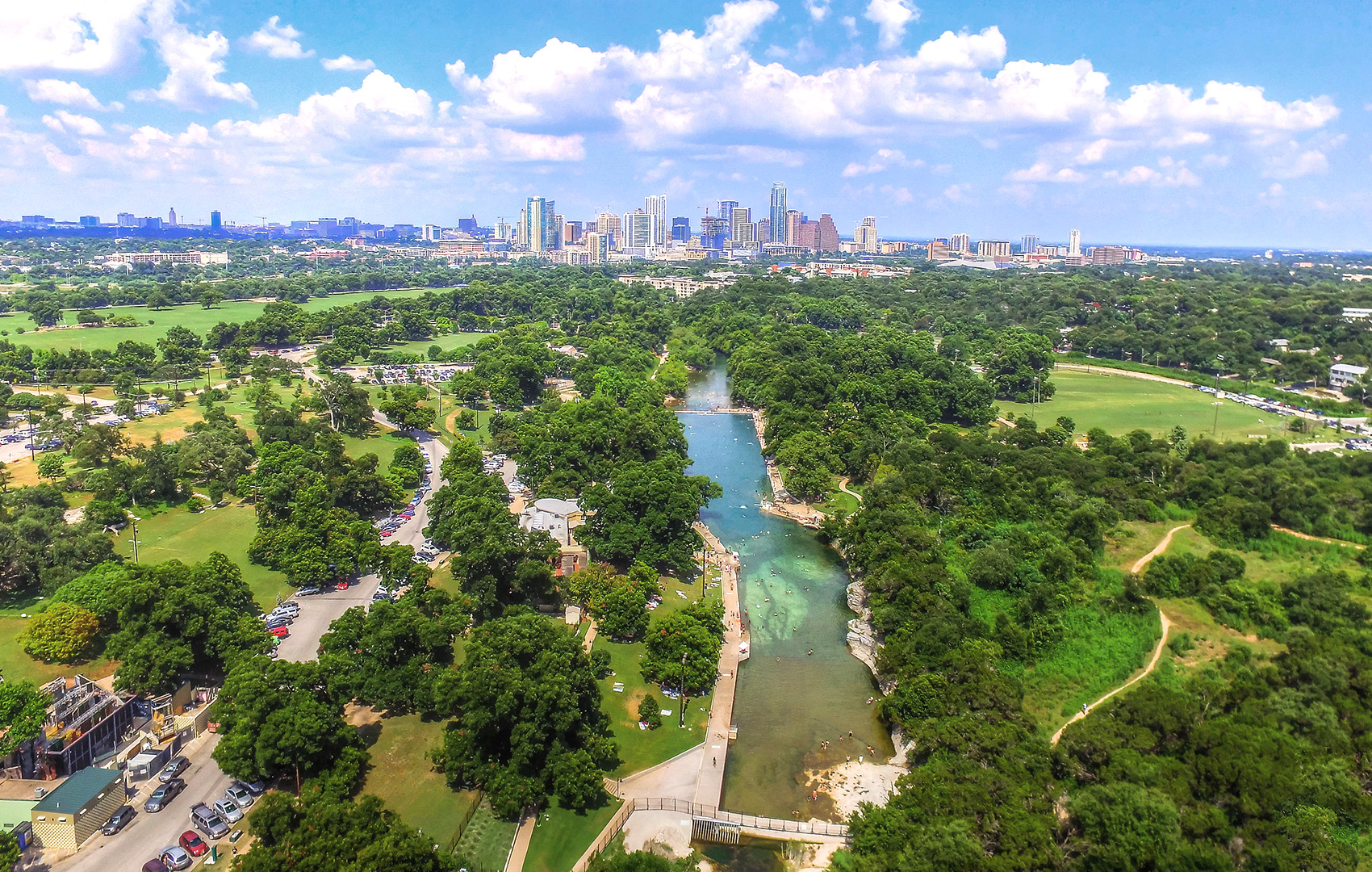
Barton Springs, Austin
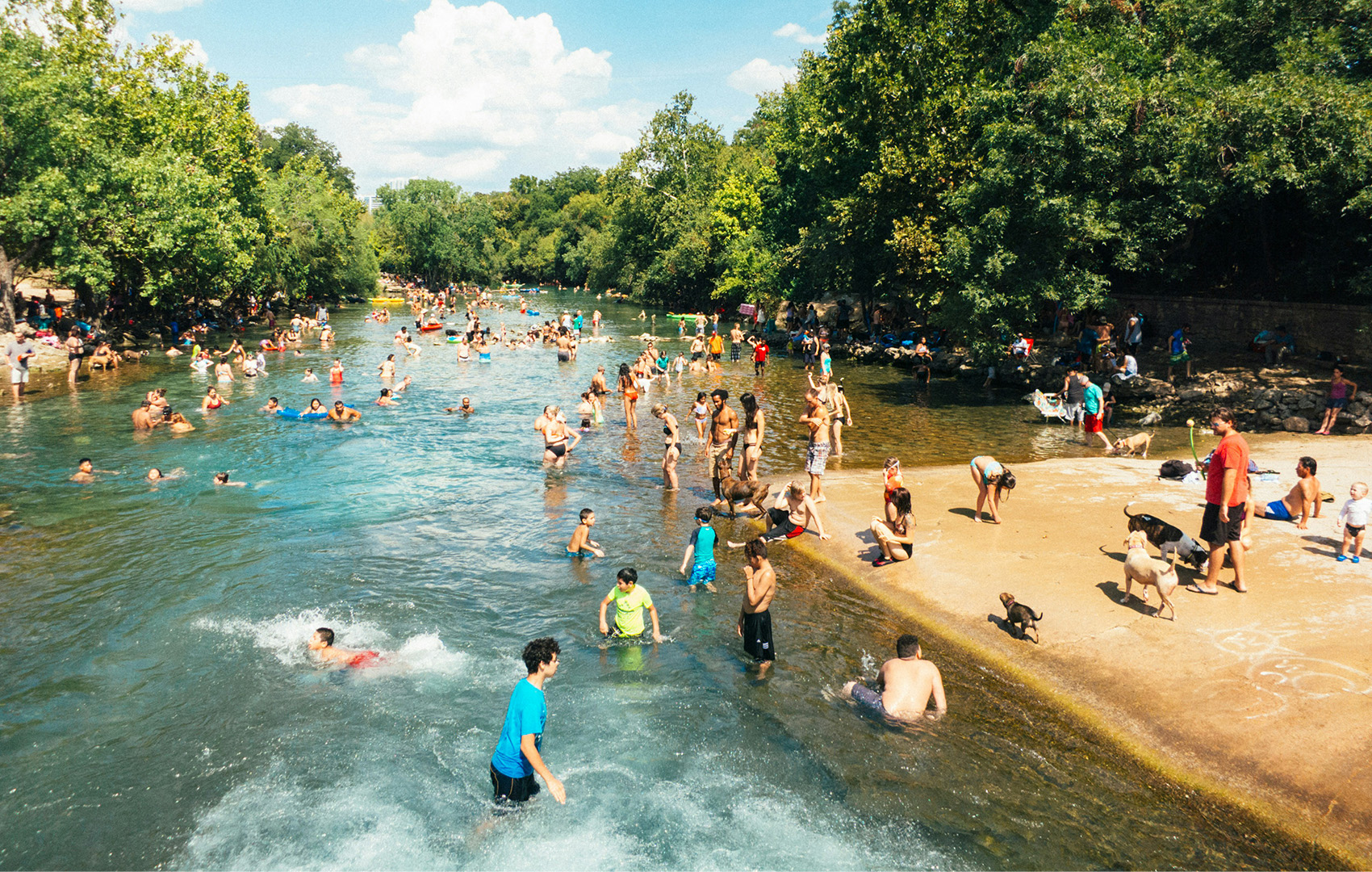
Barton Springs, Austin

Venetian Pool, Florida

